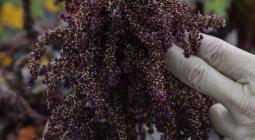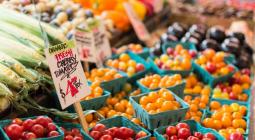How Climate Change Will Impact the Way We Eat.
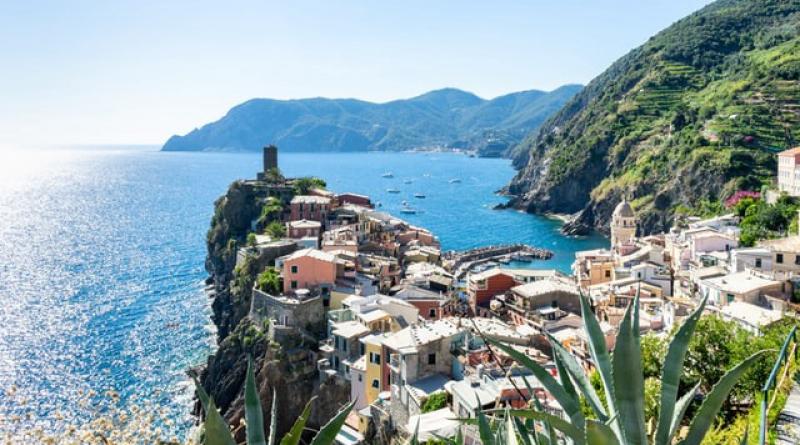
Will climate change seal the end of the Mediterranean diet?
We often read about how climate change will impact the way we live as if it was something yet to come, a threat still far away from us. Most of us think that maybe our children or (the more optimistic ones) our grandchildren will have to deal with it, but not us. We are still the lucky ones, the last generation with the chance to live the life we have always dreamed of, before global warming will take a toll on humans, for the foolish way we have been living on Earth.
But is it really like that? Are we not already being impacted by the effects of climate change in our daily lives? After all, the glaciers we watch slowly melting on the news or the polar bears holding onto sinking icebergs are so far away from us. They have no room whatsoever in our busy daily schedule. They won’t stop you from going to get wasted on a rooftop party until 5 am or me from enjoying a relaxed evening in with my family in front of the fireplace, where everything looks so idyllic. Well, it was during one of those evenings in, that I realized how the impact of climate change is already affecting our daily lives much more than we may think or acknowledge. Do you know what is the culprit of this revelation? A basket full of papayas.
Now, it may not sound as spectacular and visually impacting as a remote island sinking in the middle of the ocean due to sea level rise, but those papayas pulled the trigger of my environmental consciousness. Why? Because when I checked, out of curiosity, from which tropical country those papayas were coming from, I was in shock: the label said they had been grown in Sicily, Italy.
Papayas and mangos in the Mediterranean
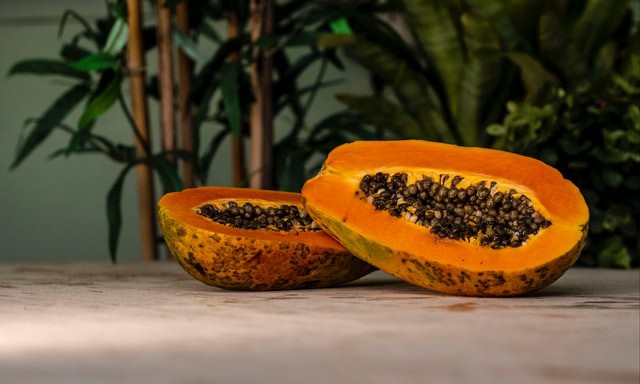
I am sure all of you reading this article know where Italy is, but may not be acquainted with the geographical location of the Region (Sicily): it is the island at the very bottom of Italy, right in the middle of the Mediterranean Sea. Although I have never been to Sicily, I can assure you, as an Italian myself, that despite being undoubtedly warm (especially in Summer), Italy is neither a tropical country (yet) nor a country famous for its papaya production (yet, again). Agriculture-wise we are mostly famous for olives, wheat (lots of pasta), oranges, olive oil, wine, tomatoes (for our delicious pizzas and sauces) but definitely not papayas. Nevertheless, those papayas were coming from Sicily.
Pushed by my agronomic curiosity, I went to check where this farm is located and why they decided to grow papayas instead of oranges (which is the traditional fruit grown on the island). What I found out left me speechless: they were not only growing papayas, but also mangos, avocados, Goji and Litchi trees. And they were not alone! It turned out that several farms had decided to either grow these new tropical species along with the traditional trees, grown for centuries on the island or, in some cases, to even completely replace the traditional orchards.
Pasta and olive oil, goodbye…
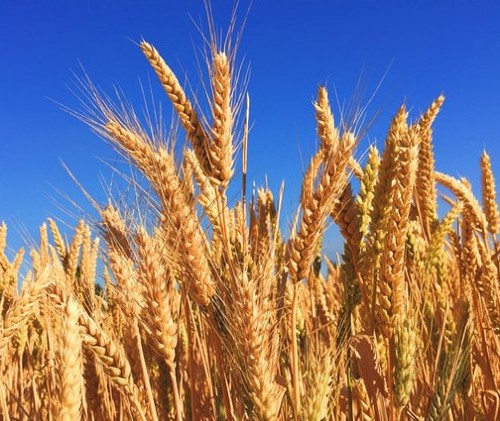
According to Vittorio Farina, professor at the faculty of “Agricultural Sciences” at the University of Palermo (Sicily), what made possible growing these fruits on the island had been the increasingly mild winters we have been experiencing in the Mediterranean area. The scientific community agrees that the Mediterranean basin is destined to become a hotspot of global warming: under anthropogenic climatic change pressure, southern Europe will experience more and more frequent and prolonged summer drought and heavier winter rainfall events (Frei et al. 2006).
But why are we experiencing a replacement of the traditional crops? Why the traditional Mediterranean diet, composed by fruits and vegetables like olives, grapes, tomatoes, wine, peaches and oranges, might be at risk? Because if the “new climate” of the Mediterranean basin led to a rapid spreading of tropical plants, which are finding here good growing conditions, it has also been causing a steady downfall of the traditional crops. The milder Autumn months have been extending the seasonality period during which the olive pests (olive fruit fly) are active, causing a major fall in olive oil production. The tropical-like winter rainfall events, by causing a prolonged flooding of the fields, took a high toll on the vegetable production in the north of Italy. The recurrent droughts which have been hitting southern Europe in the summer months has instead led to a strong reduction in durum wheat production.
According to Alessandria Roberto Rampazzo, Director of Coldiretti, the main Italian union for agriculture, the country’s agricultural production in 2020 fell by 1.2% due to the hampering weather events. The vegetable production fell by 2.4% while that of wine instead, very easily affected by the environmental conditions, dropped by 12%. In this view, it is likely that what was once the Mediterranean diet, will become over time the central/northern European diet, since the crops which once had their best growing conditions in southern Europe will steadily be produced more and more successfully further up north.
Although tropical fruits cannot still be grown everywhere in southern Europe, the tendency seems to be set. The public has also favourably welcomed the new fruits, especially given the fact they are sold at a cheaper price compared to those shipped from tropical countries. According to a study conducted by the University of Palermo on the consumption of exotic fruits in Sicily, when the interviewees were asked if they rather buy papayas grown in Sicily or imported from abroad, 97% replied that they would prefer buying the ones grown on the island.
Does that mean that we will observe a shift in the diet of the southern Europeans? The new Mediterranean diet will have mangos instead of oranges and cereals will not be a key component of it anymore? Is this the beginning of the end for our culinary culture?
Seems like that, in the end, the worst culinary nightmare of every Italian is getting real: pineapple pizza will eventually become the new normal even here.
18 January 2021
medium

